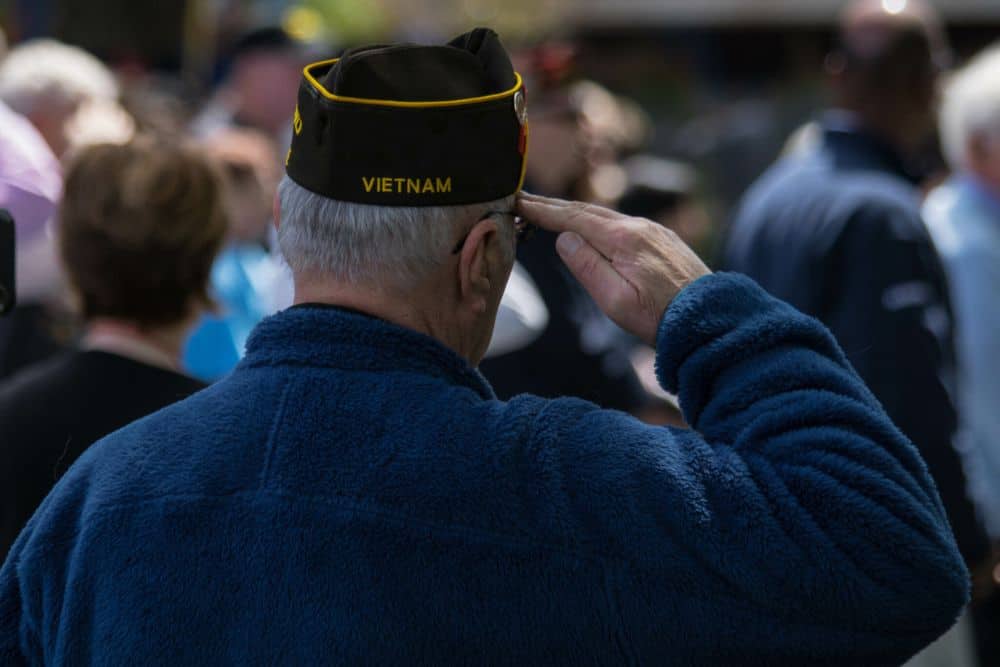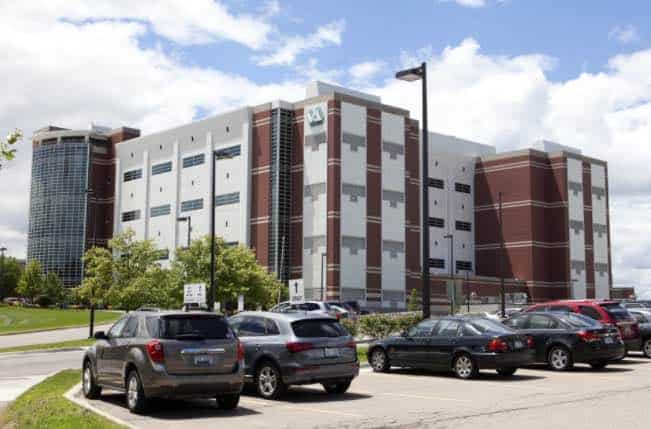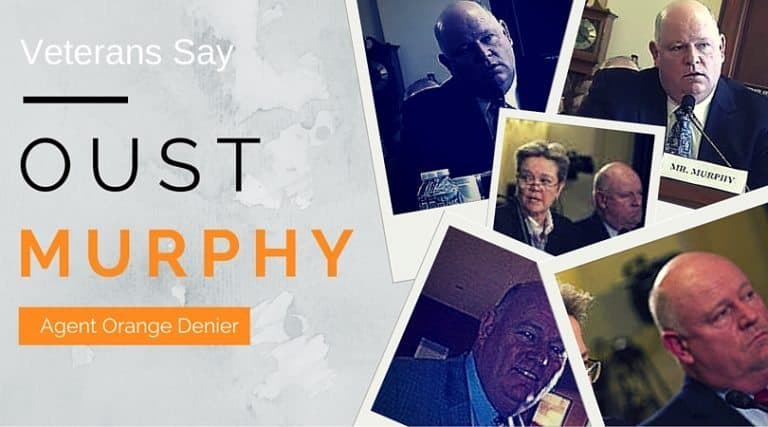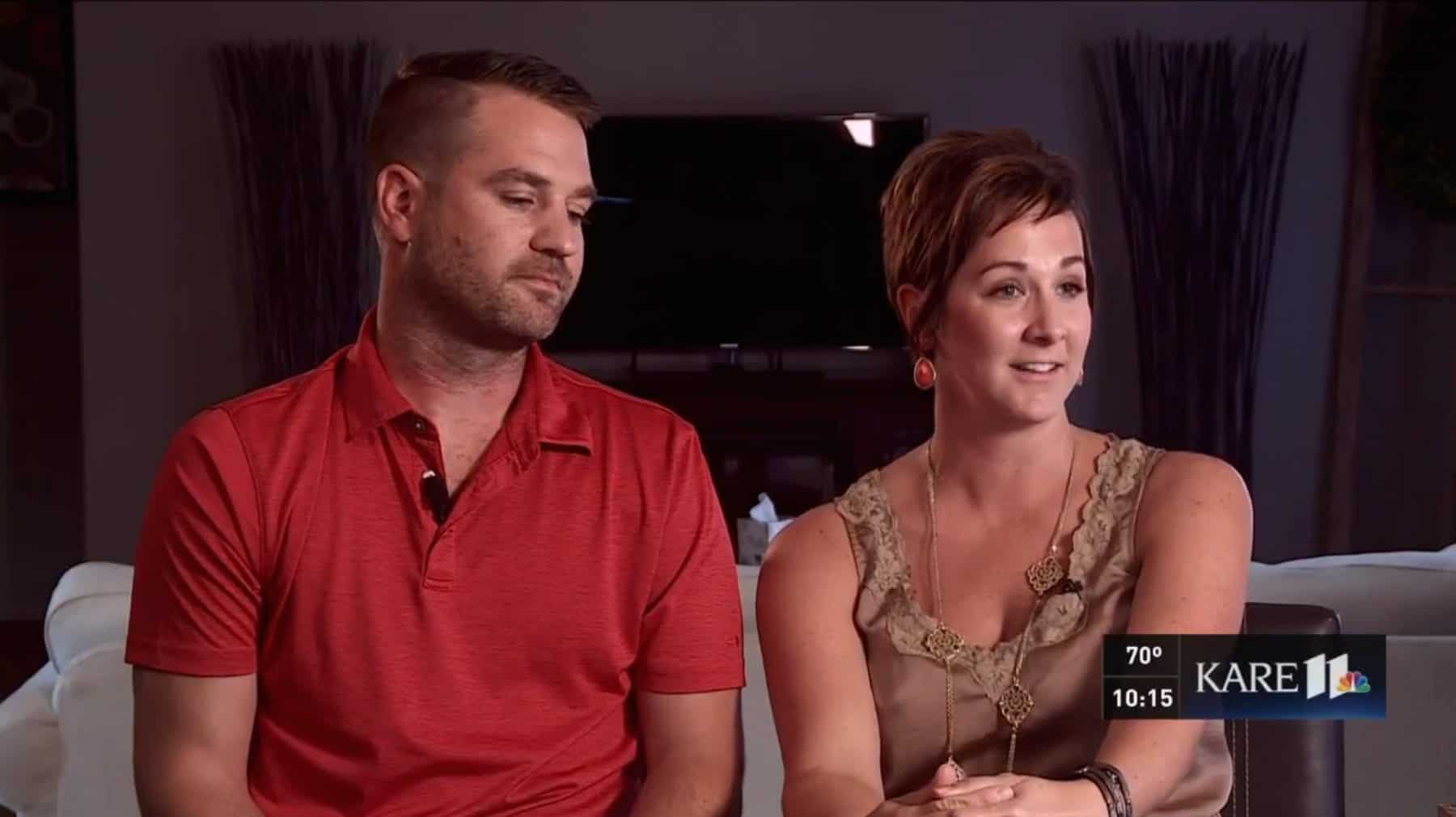7 Crucial MOAA-Backed Legislative Priorities for Veterans in the New Year
In 2023, Congress engaged in numerous discussions and hearings related to veterans’ issues. However, no major legislation benefiting veterans has been signed into law during this session. Organizations like MOAA have been tirelessly advocating to ensure that lawmakers prioritize veterans, their families, caregivers, and survivors. It’s crucial that these important bills do not get sidelined and that the needs of veterans are met.
As we look ahead to the new year, let’s delve into the seven legislative priorities for veterans in 2024. These initiatives aim to provide comprehensive support and improvements for veterans and their families.
- Preserving Earned Burial Benefits: The Expanding America’s National Cemetery Act (H.R. 1413)
Arlington National Cemetery, a hallowed resting place for many veterans, will eventually run out of room. Proposed eligibility reductions could affect veterans and their families who have planned on this honor for years. This act seeks to authorize the transformation of a VA-run national cemetery into the next location that offers military honors as Arlington reaches its capacity.
Veterans face enough challenges without the added burden of unreasonable fees when seeking assistance with service-connected disability claims. The GUARD VA Benefits Act aims to impose criminal penalties on those who seek to collect exorbitant fees for such services. Disabled veterans should never be charged to file an initial claim, and excessive fees for appeals should be a thing of the past.
- Supporting Children of the Fallen and Disabled Veterans: The CHAMPVA Children’s Care Protection Act (H.R. 2414 | S. 1119)
Veterans’ children deserve access to healthcare until age 26. The CHAMPVA Children’s Care Protection Act aims to close the age parity gap for vulnerable members of our community, ensuring that young adult children of permanently and totally disabled veterans, those who died from a service-connected disability, or lost their lives on active duty receive the support they need.
Dependency and Indemnity Compensation (DIC) is a critical benefit paid to survivors of servicemembers who die while serving on active duty or service-connected disabled veterans. However, the current rate is just 43% of what a veteran with a 100% service-connected disability rating receives from the VA. This act aims to align DIC payments with other federal programs, ensuring fair compensation for survivors.
- Supporting Military Sexual Trauma Survivors: The Servicemembers and Veterans Empowerment and Support (SAVES) Act (H.R. 2441 | S. 1028)
Military sexual trauma survivors often face challenges accessing essential care and services. The SAVES Act seeks to improve their access to care within the Veterans Health Administration and provides greater assistance when applying for disability benefits through the Veterans Benefits Administration.
- Allowing Surviving Spouses to Remarry and Retain Benefits: The Love Lives On Act (H.R. 3651 | S. 1266)
Surviving military spouses who remarry before the age of 55 currently face penalties that affect their entitlements and privileges. The Love Lives On Act seeks to reverse these penalties, ensuring that these survivors retain access to the support they need.
In the new year, it’s imperative that Congress takes swift action on these legislative priorities to support veterans, their families, caregivers, and survivors. Veterans have sacrificed for our country, and it’s our duty to ensure they receive the benefits and care they rightfully deserve. MOAA and other veteran organizations continue to advocate for these crucial measures, but your support is essential in making these priorities a reality.
- Expanding and Supporting Services for Aging and Disabled Veterans
Two pieces of legislation, the Expanding Veterans’ Options for Long Term Care Act and the Elizabeth Dole Home and Community Based Services for Veterans and Caregivers Act, aim to provide the VA with critical flexibility to support a rapidly growing population of aging veterans needing long-term care services outside the home and to enhance home- and community-based services for veterans and their caregivers.
In the new year, it’s imperative that Congress takes swift action on these legislative priorities to support disabled veterans, their families, caregivers, and survivors. Disabled veterans have sacrificed for our country, and it’s our duty to ensure they receive the benefits and care they rightfully deserve. MOAA and other veteran organizations continue to advocate for these crucial measures, but your support is essential in making these priorities a reality.
FAQs
1. What is the GUARD VA Benefits Act, and why is it important for veterans?
The GUARD VA Benefits Act aims to protect veterans from unreasonable fees related to service-connected disability claims. It is crucial to ensure that veterans are not burdened with excessive charges when seeking assistance with their claims.
2. Why is the preservation of burial benefits important, as mentioned in the Expanding America’s National Cemetery Act?
The Expanding America’s National Cemetery Act addresses the eventual capacity issues at Arlington National Cemetery. Preserving burial benefits is essential to honor veterans and their families’ legacies, ensuring that military honors continue to be granted.
3. What does the CHAMPVA Children’s Care Protection Act aim to achieve for the children of disabled veterans?
The CHAMPVA Children’s Care Protection Act seeks to expand healthcare coverage for the children of eligible veterans, offering support until age 26. This legislation aims to bridge the age parity gap for vulnerable young adult children in need of healthcare.
4. How does the Caring for Survivors Act propose to improve survivors’ benefits?
The Caring for Survivors Act intends to align Dependency and Indemnity Compensation (DIC) payments with other federal programs to provide survivors with fairer compensation. This legislation aims to recognize the sacrifices made by veterans and their families.
5. What is the SAVES Act, and how does it support military sexual trauma survivors?
The SAVES Act is designed to improve access to essential care and services in the Veterans Health Administration for military sexual trauma survivors. It also aims to enhance assistance for veterans applying for disability benefits through the Veterans Benefits Administration, addressing shortcomings in support.
6. What is the significance of the Love Lives On Act for surviving military spouses?
The Love Lives On Act aims to reverse penalties faced by surviving military spouses who remarry before reaching the age of 55. It restores entitlement for DIC and survivor benefit pay, along with access to the Fry Scholarship and commissary and exchange privileges for these spouses.




